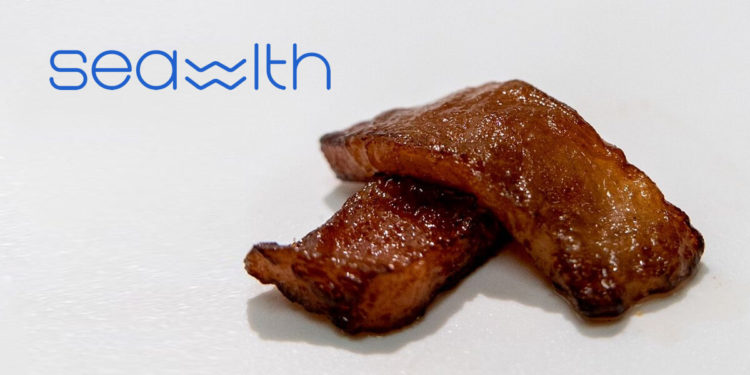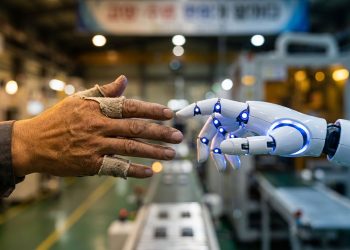SeaWith, a South Korean food technology startup, announced that it aims to bring cultured meat to local restaurants by 2022. Founded in 2019, SeaWith is a company that lab-grows seaweed-based clean meat, addressing consumers’ increasing need for greener options. SeaWith CEO Keum Joon-Ho teamed up with fellow Daegu Gyeongbuk Institute of Science and Technology student Lee Hee-Jae to establish the company.
The Growing Popularity of Plant-Based Dietary Regimens
Over the past decade, the South Korean plant-based industry has grown considerably and continues to do so, with one-fifth of the population consuming less meat. The Korea Vegetarian Union (KVU) also indicated that more than 1.5 million South Koreans observe some form of plant-based diets. In 2020, KVU also announced that there are around 500,000 strict vegans in the country.
According to SeaWith, it plans to improve and transform Korea’s protein production through its locally developed, meat-free food solutions. SeaWith also shared that one of its primary goals is to solve the environmental, health, and safety concerns generated from meat consumption. Besides SeaWith, other domestic food-tech startups also contribute to the country’s expanding plant-based industry, including Phyto Corporation, Viomix, and Zikooin.
Developing Seaweed-Based Cell Culturing Tech
Furthermore, SeaWith said that the main obstacle in protein and meat cultivation’s mass adoption is its high-cost process. To solve production cost issues, SeaWith independently developed the materials needed for producing cell-based meat. In particular, the startup developed cell culturing mediums and tissue scaffolds from seaweeds and microalgae.
In addition to being sustainable and innovative, SeaWith’s seaweed-based cell culturing tech is also cost-effective. SeaWith maximized the low-cost, locally abundant seaweeds’ uses, offering a cruelty-free and plant-based alternative to fetal bovine serum (FBS). After the cells start to grow in the medium, SeaWith supplies it with the ‘Ace-Gel,’ its microalgae-based 3D scaffold. Then, the Ace-Gel enables the cells to form thick tissue structures, replicating the texture of conventional meat.
SeaWith also boasts two main products, ‘Yo.od’ and ‘Well-done.’ Yo.od produces low-iodine seaweed while Well-done provides cheap and nutritious cultured meat using microalgae engineering. The company also stated that its seaweed-based cell culturing medium could substitute for over 80% of current FBS usage. Thanks to these technologies, SeaWith significantly helps the livestock industry reduce environmental footprints, greenhouse gas emissions, and natural resource overuse.
Although its cultured meat products are still undergoing research stages, the company already established a commercialization timeline. By 2022, SeaWith aims to upgrade its manufacturing capacity and technologies to provide customers with cultured and alternative meat products. SeaWith also plans to conduct pilot restaurant trials ahead of its products’ commercial launch. When SeaWith’s restaurant tests succeed, it would be one of the first to launch cell-cultured meat products in South Korea.







